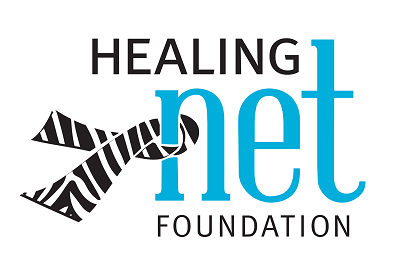Everyone 65 and older (and everyone who has been on SSDI for two years) is eligible for Medicare. You should review your options for how you receive your benefits well ahead of your eligibility. These choices may dictate how and where you receive your cancer care. Medicare has a lot of layers, and you will have to make decisions about your coverage. Here we try to provide the most pertinent information on what might impact a NET cancer patient, but please see Medicare.gov for the most current and in-depth information.
If you are Medicare eligible, you will first have to decide between receiving Original Medicare or acquiring a Medicare Advantage plan. If you opt for Original Medicare, you will likely add Medicare Supplemental Insurance (aka a Medigap plan), which will cover expenses that original Medicare does not, such as the 20% coinsurance responsibility. If you have insurance through a pension or union retirement program, this insurance can act as your supplemental
insurance.
If you have a pre-existing condition, like cancer, it is important to get on board in the first six months to guarantee the cheapest rate for Medigap policies. This initial pricing is offered to every enrollee for a period of 6 months after the start of your Medicare eligibility. If you seek a supplemental policy later on you could
be subject to medical underwriting which means the company issuing the policy can assess your health status and pre-existing conditions
and charge you accordingly for the policy or perhaps reject your application altogether.
If you travel frequently in the US, or have doctors in different locations, Original Medicare offers the widest possible network (basically the entire US) for eligible care. This could also
ensure that consultations with NET specialists are easier to obtain.
Medicare Advantage (MA) plans are packages of insurance benefits offered by different companies, and they can differ widely in terms of which services are covered and their care networks. Many are HMO plans that require a referral before seeing a specialist. Medicare Advantage PPO plans, if available, do not require referrals for specialists and usually have broader networks, so they are likely to be a better match for cancer patients than the HMO plans. While MA plans may have perks and cover all or some costs of services (such as vision or dental) not usually covered by Medicare, it is important to
read the fine print and evaluate risks versus benefits. Also, be aware that year to year, the services, networks and medications covered by MA plans are subject to change.
Most importantly, if you want to leave the MA plan and move to Original Medicare, you may find that underwriting makes it cost prohibitive to get a supplemental (Medigap) policy. If you are likely to need treatment or expensive imaging in a given year, it is important to compare your possible expenditures for co-pays, deductibles, and yearly out of pocket maximums in the MA plans to the 12 month cost of a supplemental or medigap policy to determine which coverage is the better overall bargain.
“Choosing the Wrong Insurance Could Kill You” is the title of an article about a study from Yale that specifically looks at Medicare Advantage Plans. This research zeroed in on how insurance plans can appreciably influence the survival rate of enrollees or, to put it another way, their mortality rate. The study shows consumers aren’t well informed about how plans impact their health outcomes and the authors noted that insurance companies “have way too little incentive to invest in things that will actually make people healthier.” This can all sound incredibly complicated, but there are unbiased resources available to help you.



